The boom in second-hand pumps
‘Sneakerhead culture’ has made old trainers newly desirable
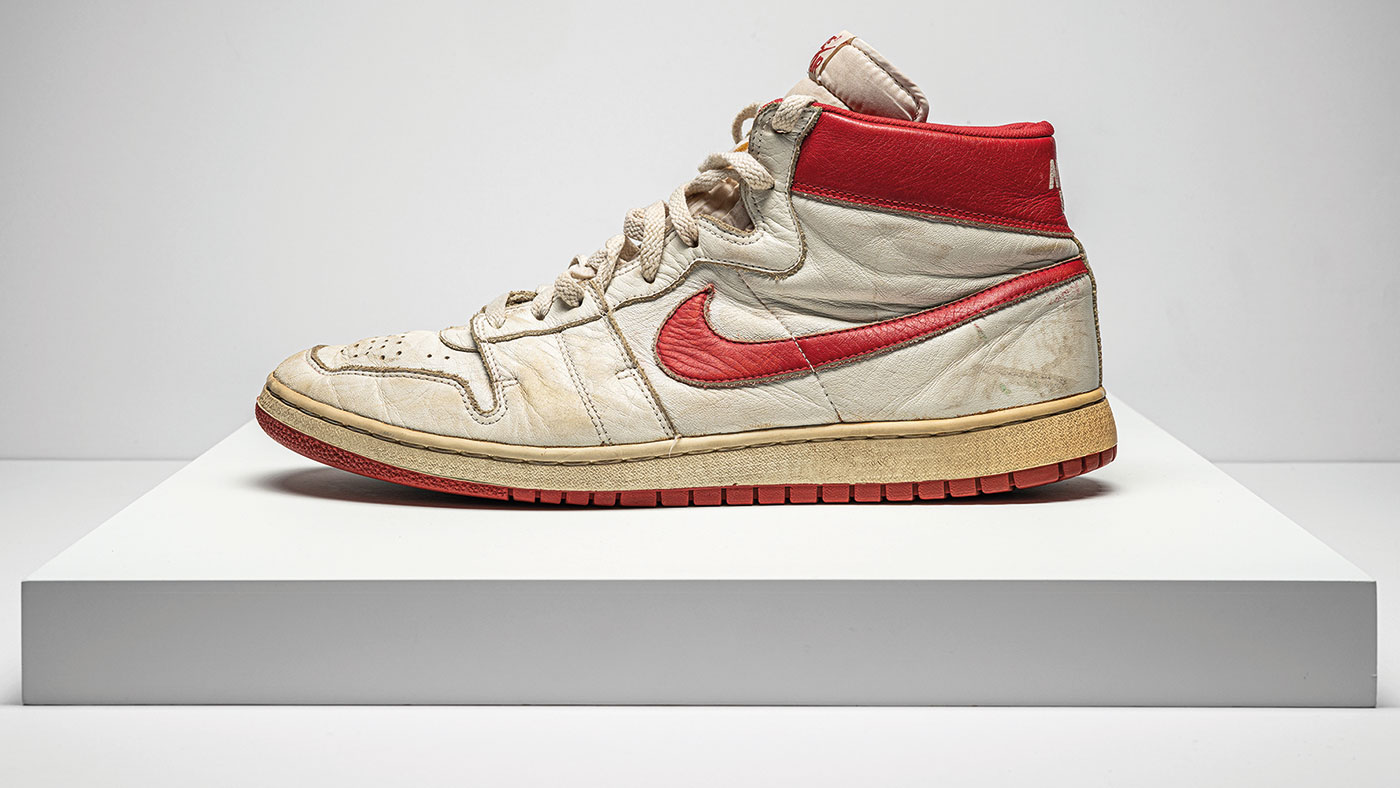

Trainers, or “sneakers” as they’re called across the pond, have become prized collectable assets and the market is showing scant signs of slowing down. If anything, it’s booming. Arguably, the most coveted model is the distinctive red and white Nike Air Jordan 1.
In May, a pair that had been worn and signed by basketball legend Michael Jordan, while still at the start of his long career, in 1985, set an auction record when they sold for $560,000 (£427,938) at Sotheby’s. The record that it broke had only been set the previous July at the auction house’s debut “Ultimate Sneaker” sale, in partnership with Stadium Goods, a leading online marketplace for collectable streetwear. At that sale, a scruffy pair of 1972 Nike Moon Shoes fetched $437,500 (£334,768), far out-pacing its $160,000 (£122,429) top estimate.
The Week
Escape your echo chamber. Get the facts behind the news, plus analysis from multiple perspectives.

Sign up for The Week's Free Newsletters
From our morning news briefing to a weekly Good News Newsletter, get the best of The Week delivered directly to your inbox.
From our morning news briefing to a weekly Good News Newsletter, get the best of The Week delivered directly to your inbox.
A sale with street cred
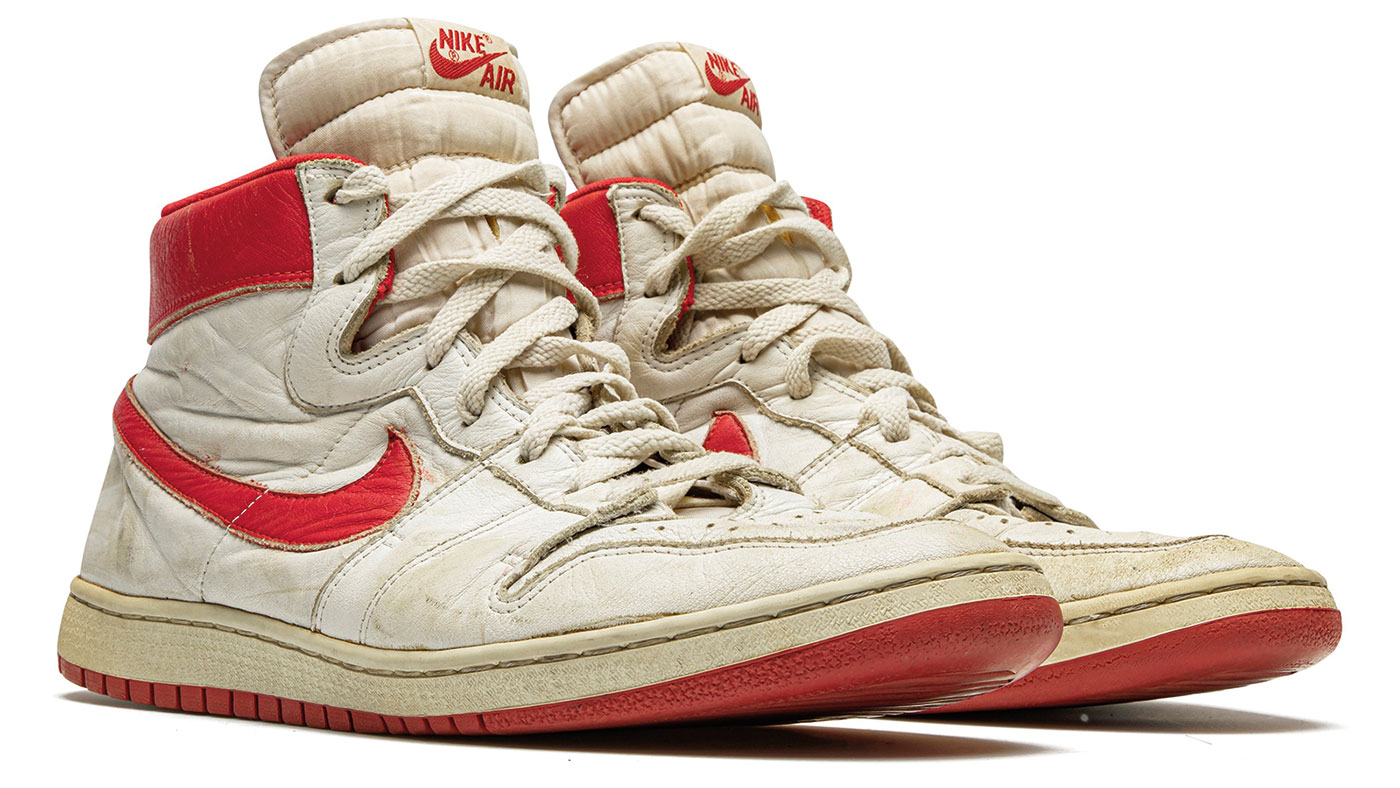
© Christie’s
So it’s little wonder rival Christie’s is also keen to get in on the action – it has even taken to using the lingo. Its first “drop” (release) of highlights from its sale, which runs until 13 August, included a pair of Nike Air Ships (pictured top and above), exclusively made for and worn by Jordan in 1984. A sort of precursor to the Air Jordan 1s of the following year, these Air Ships are “extremely rare”, says Christie’s. It has given them an estimate of between $350,000 (£267,814) and $550,000 (£420,158). A pair of Nike Air Jordan 7 “Olympics”, custom-made for Jordan when he played in the 1992 Barcelona Olympics as part of the US “Dream Team”, also forms part of the sale, valued at (a probably conservative) $70,000 (£53,474).
And a pair of bespoke Nike Air Jordan 14 “Chicago” practice trainers, as seen in The Last Dance, the recent television documentary that helped spark a craze in all things Jordan, is valued at up to $8,000 (£6,111). Like Sotheby’s in its sale of last July, Christie’s has partnered with Stadium Goods to give the auction some authority, or in the parlance: “street cred”.
A free daily email with the biggest news stories of the day – and the best features from TheWeek.com
Again, small wonder. “In recent years, as sneakerhead culture” has gone mainstream, “a booming online resale market has emerged, attracting consumers more interested in trading the products than wearing them,” says Adam Wray in the Financial Times. “Enterprising sellers have turned big profits by acquiring coveted styles in bulk and flipping them quickly – at mark-ups often many times the retail price – to buyers eager either to peacock in the latest limited-edition designs or to speculate on further appreciation.”
Stadium Goods offers one such space to do this. And so lucrative has it been that London-based digital fashion platform Farfetch bought the five-year-old US company for $250m (£190.m) in January 2019. After all, “we’re the new luxury”, Stadium Goods’s co-founder Jed Stiller tells The Wall Street Journal’s Howie Kahn. StockX, Goat and Kent-based The Sole Supplier are other big names.
But why choose between peacocking and speculating when you can do both? “When you own a pair of sneakers which exist only in limited numbers, not only do you get ‘street cred’ as the owner, you also own a pair of shoes that many people would buy at a higher price just because they are so rare,” George Sullivan, the boss of The Sole Supplier, tells Nicole Mowbray in The Daily Telegraph. Investor-collectors can now be both savvy and fashionable.
A royal tie-up
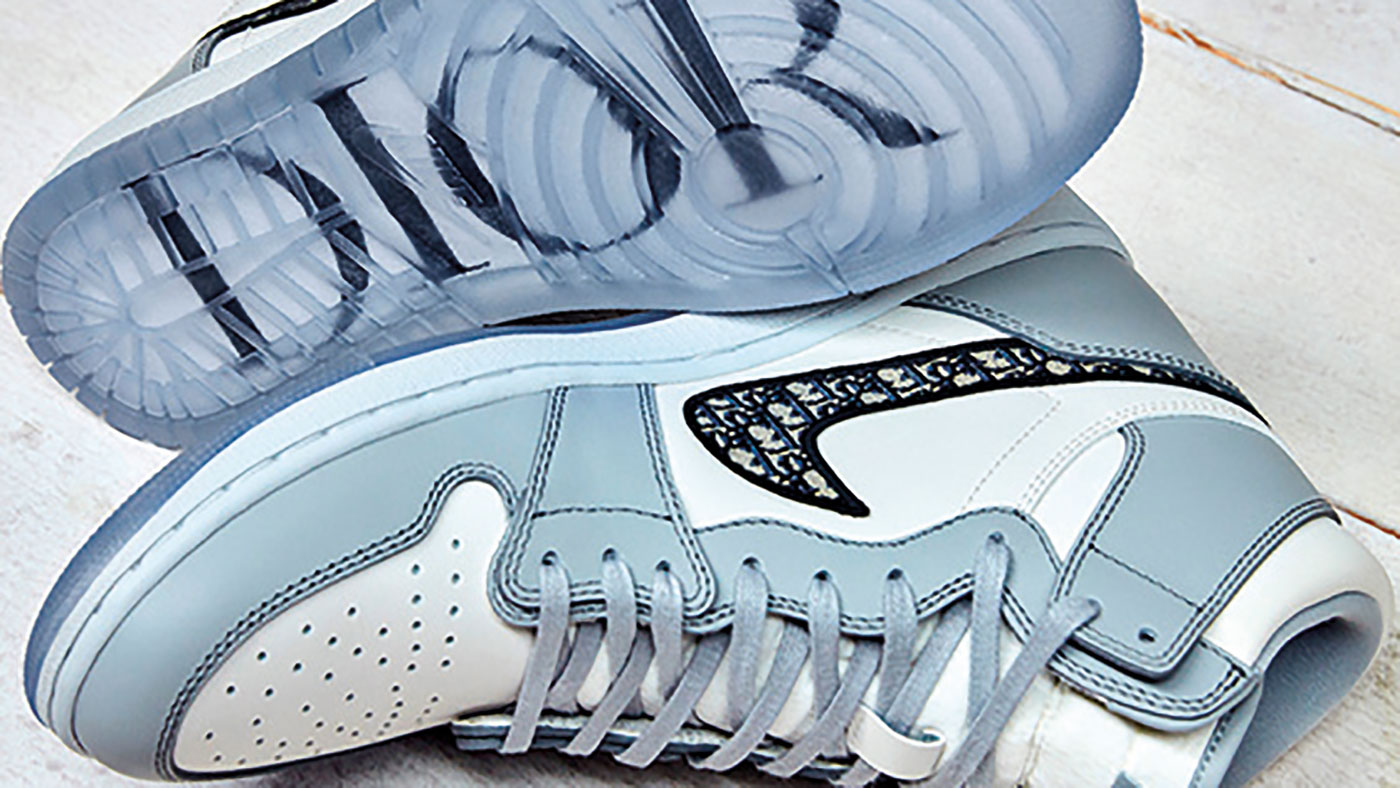
© Getty Images
At the beginning of July, the lucky winners of an online prize draw were invited to spend £1,800 on a pair of new Air Jordan 1 OG Dior trainers (pictured above). “Even by the hype standards of the sneakerhead world, the buzz around the luxury take on basketball’s most iconic hi-top… [broke] pre-pandemic decibel records,” says Jess Cartner-Morley in The Guardian. Fans were obsessing over nothing less than the coming together of “two blue-chip bloodlines of sportswear and luxury”.
In terms of collectable fashion, this was “a royal wedding”. So, it was no surprise that, come the big day, shoppers queued round the block in the early morning pouring rain in London to get their eager hands on one of 13,000 pairs available worldwide. At the time of writing, one such pair was for sale on StockX, priced at £15,996.
The less fortunate have been turning to the shadowy market of “replicas”. “In sneaker world, the term ‘replicas’ connotes the tippy-top class of ‘fake’ sneakers, copies of the original so meticulous they can fool all but the most fastidious collectors,” says Jacob Gallagher in The Wall Street Journal. These often Chinese-made “careful clones” can sell for $150 (£114), “making them roughly as expensive as many authentic sneakers at retail”.
The trade in these counterfeits is, of course, illegal. But whole communities devoted to trading replicas have sprung up online. Buyers after the genuine article should beware.
This article was originally published in MoneyWeek
-
 High Court action over Cape Verde tourist deaths
High Court action over Cape Verde tourist deathsThe Explainer Holidaymakers sue TUI after gastric illness outbreaks linked to six British deaths
-
 The battle over the Irish language in Northern Ireland
The battle over the Irish language in Northern IrelandUnder the Radar Popularity is soaring across Northern Ireland, but dual-language sign policies agitate division as unionists accuse nationalists of cultural erosion
-
 Villa Treville Positano: a glamorous sanctuary on the Amalfi Coast
Villa Treville Positano: a glamorous sanctuary on the Amalfi CoastThe Week Recommends Franco Zeffirelli’s former private estate is now one of Italy’s most exclusive hotels
-
 Sport on TV guide: Christmas 2022 and New Year listings
Sport on TV guide: Christmas 2022 and New Year listingsSpeed Read Enjoy a feast of sporting action with football, darts, rugby union, racing, NFL and NBA
-
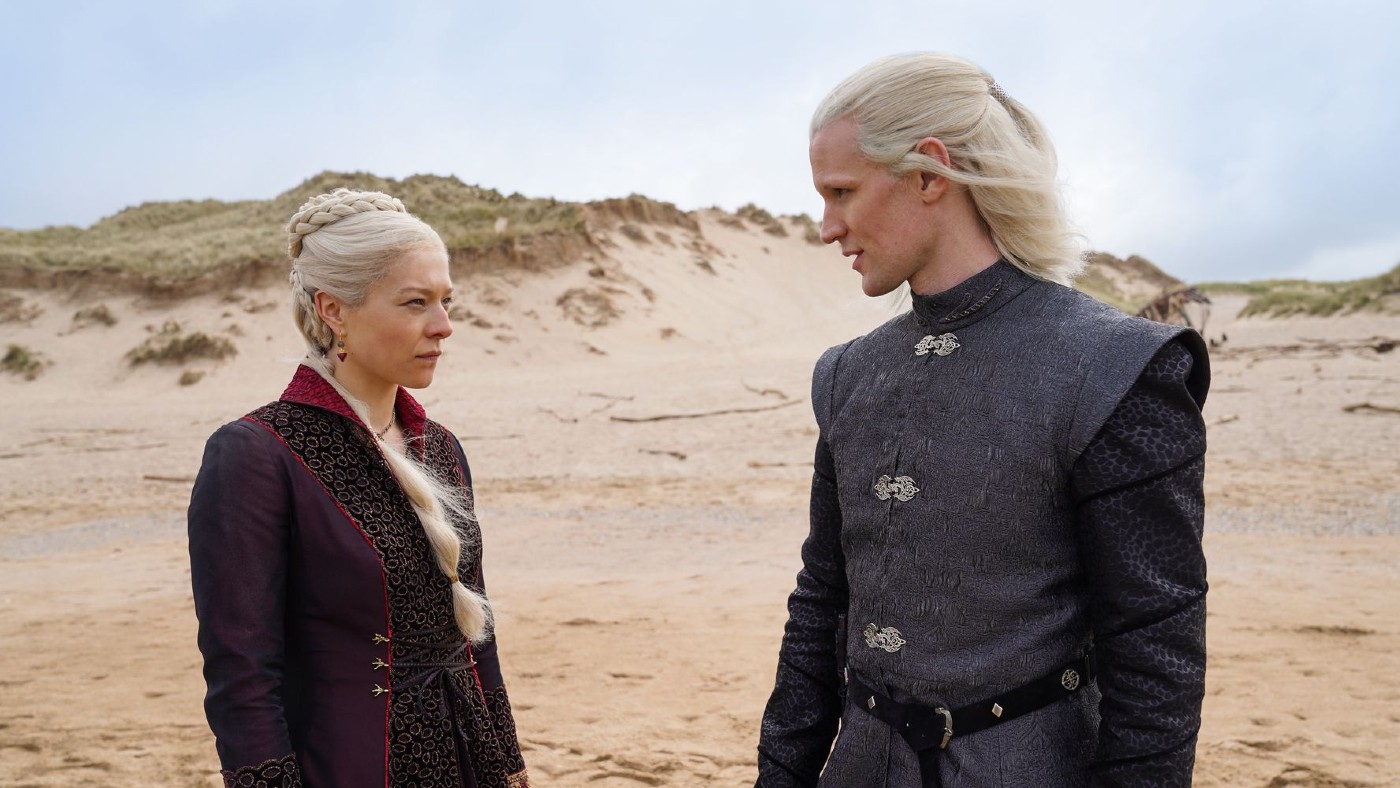 House of the Dragon: what to expect from the Game of Thrones prequel
House of the Dragon: what to expect from the Game of Thrones prequelSpeed Read Ten-part series, set 200 years before GoT, will show the incestuous decline of Targaryen
-
 One in 20 young Americans identify as trans or non-binary
One in 20 young Americans identify as trans or non-binarySpeed Read New research suggests that 44% of US adults know someone who is transgender
-
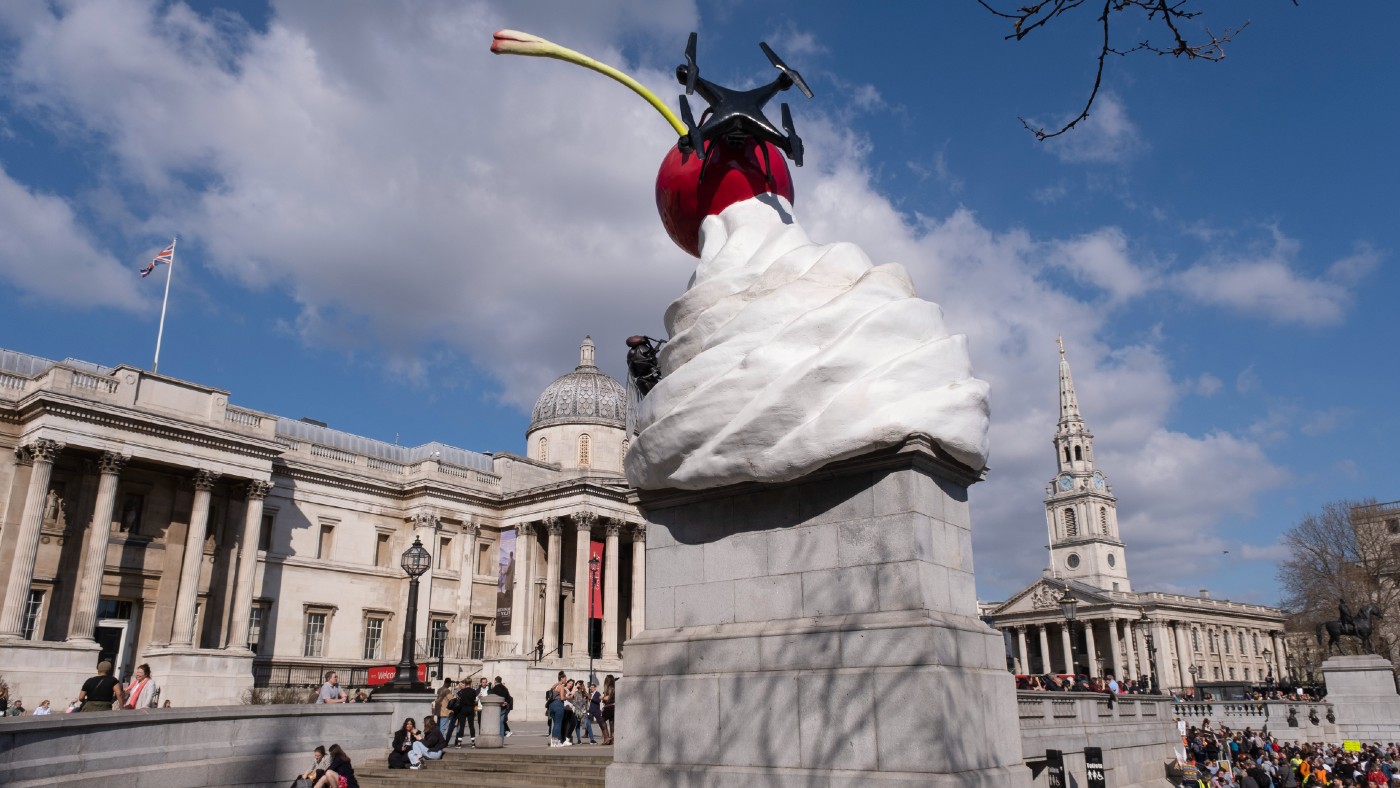 The Turner Prize 2022: a ‘vintage’ shortlist?
The Turner Prize 2022: a ‘vintage’ shortlist?Speed Read All four artists look towards ‘growth, revival and reinvention’ in their work
-
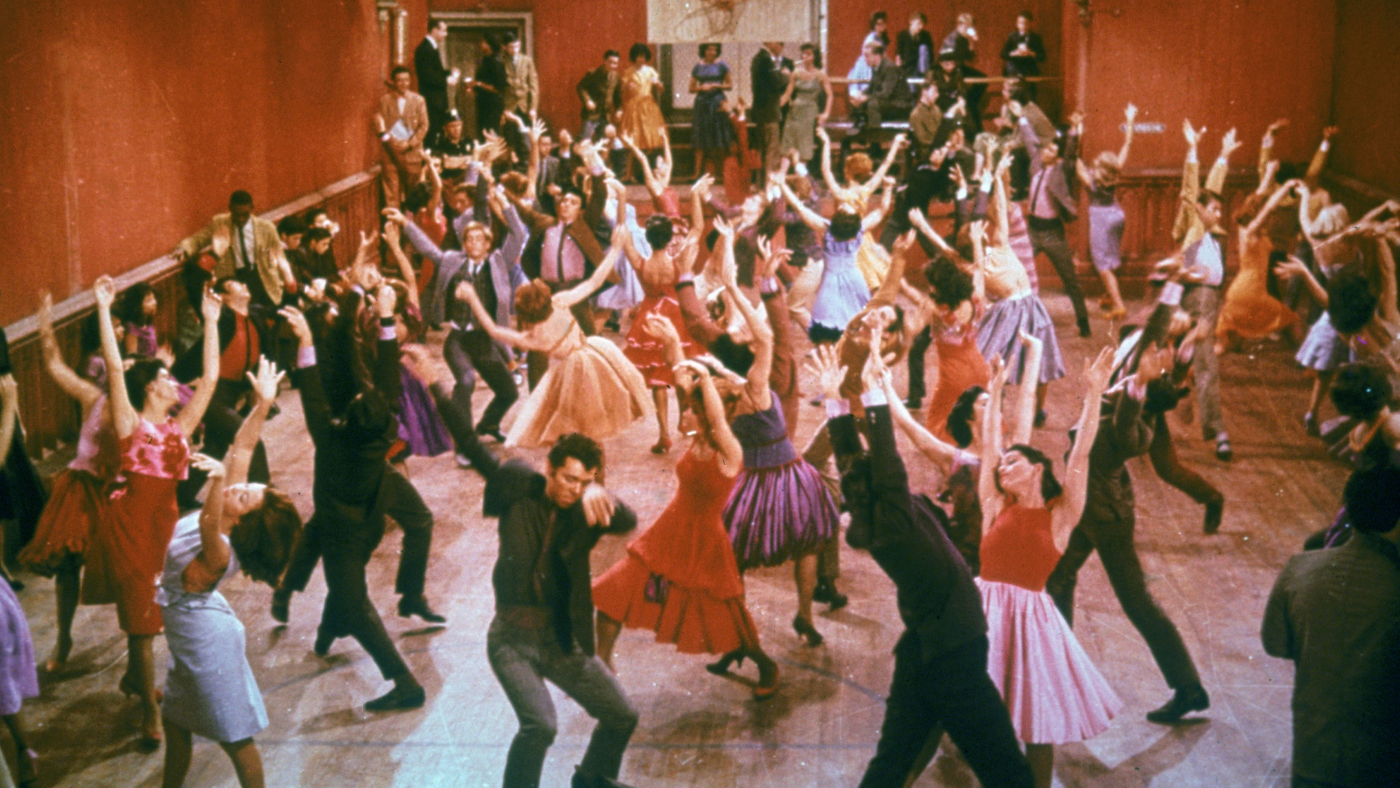 What’s on TV this Christmas? The best holiday television
What’s on TV this Christmas? The best holiday televisionSpeed Read From films and documentaries to musicals for all the family
-
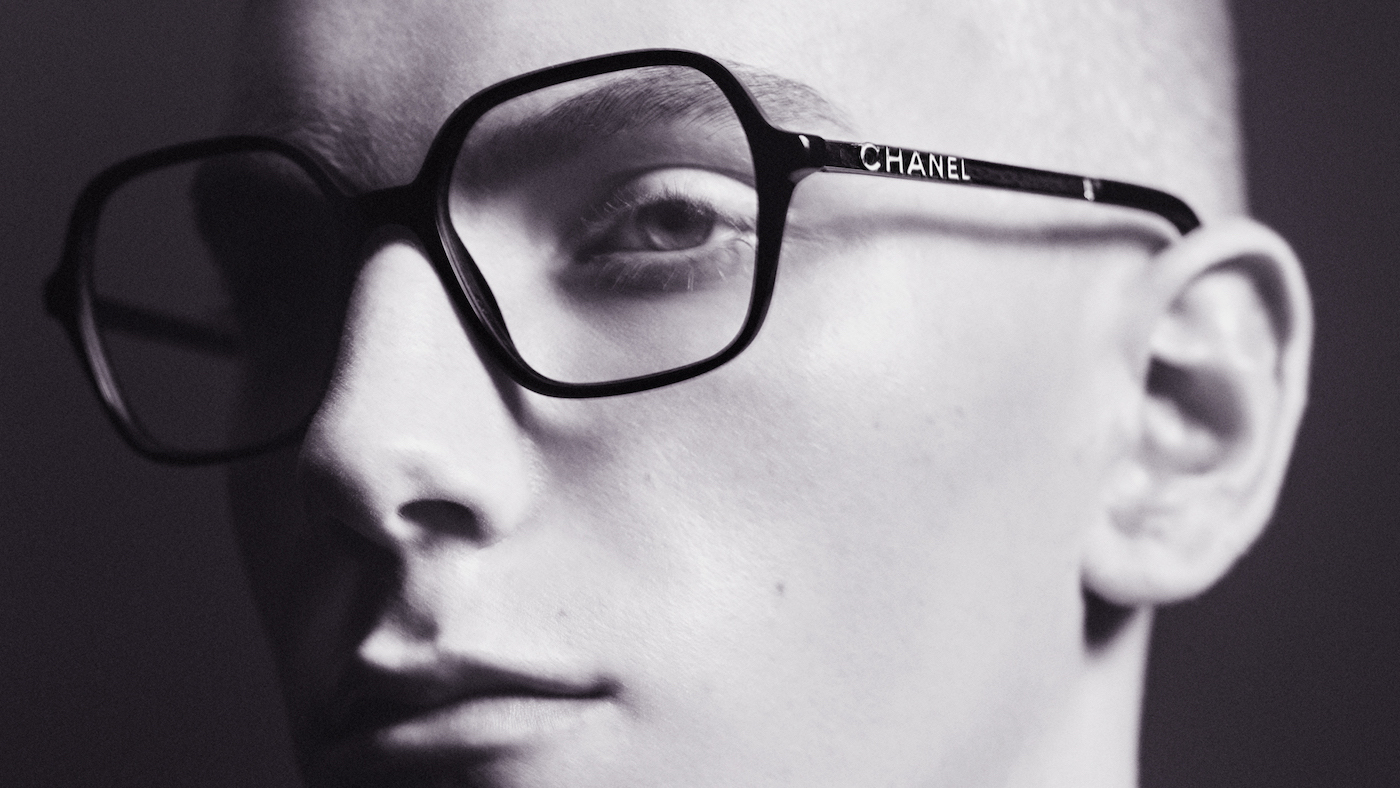 Coco vision: up close to Chanel opticals
Coco vision: up close to Chanel opticalsSpeed Read Parisian luxury house adds opticals to digital offering
-
 Abba returns: how the Swedish supergroup and their ‘Abba-tars’ are taking a chance on a reunion
Abba returns: how the Swedish supergroup and their ‘Abba-tars’ are taking a chance on a reunionSpeed Read From next May, digital avatars of the foursome will be performing concerts in east London
-
 ‘Turning down her smut setting’: how Nigella Lawson is cleaning up her recipes
‘Turning down her smut setting’: how Nigella Lawson is cleaning up her recipesSpeed Read Last week, the TV cook announced she was axing the word ‘slut’ from her recipe for Slut Red Raspberries in Chardonnay Jelly